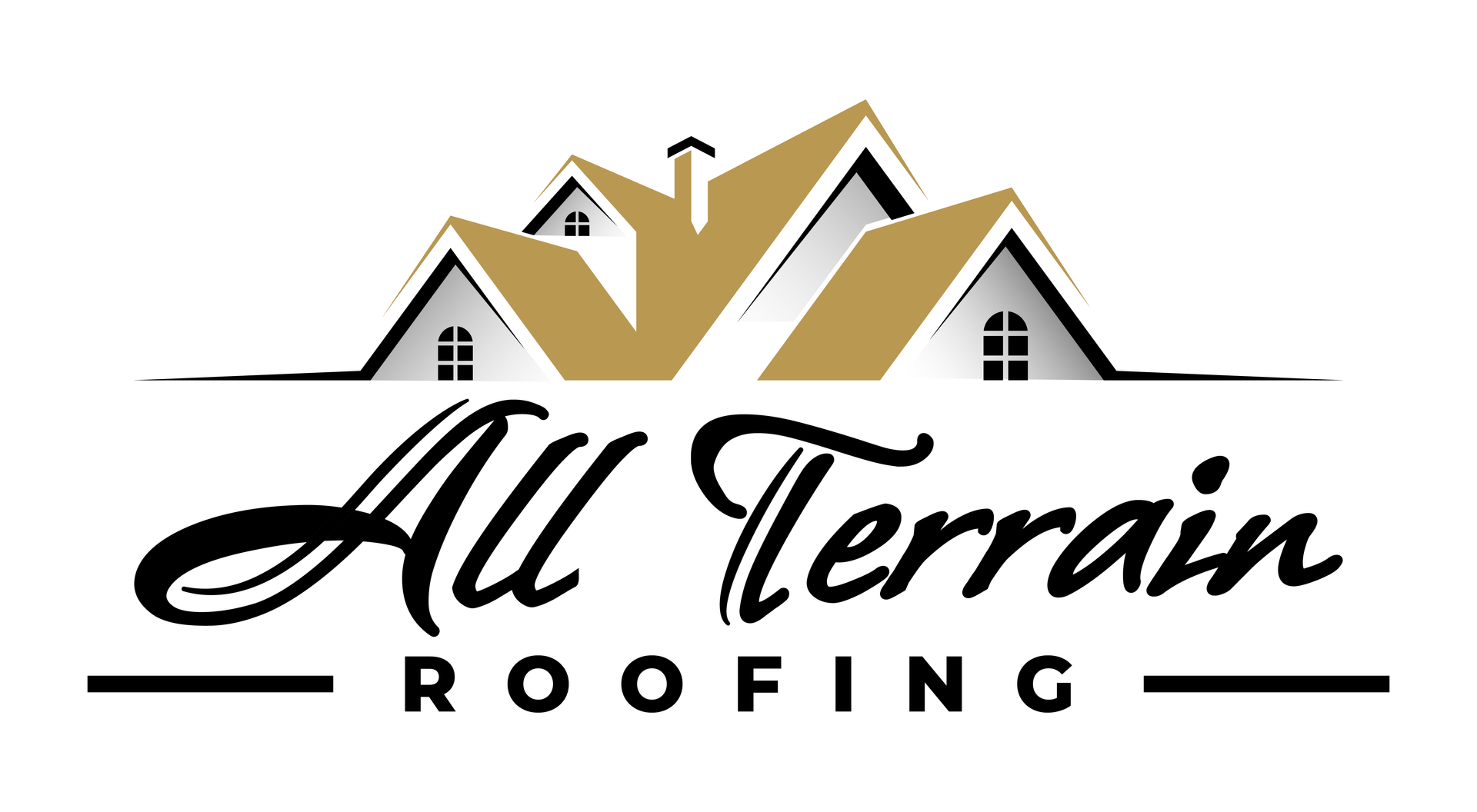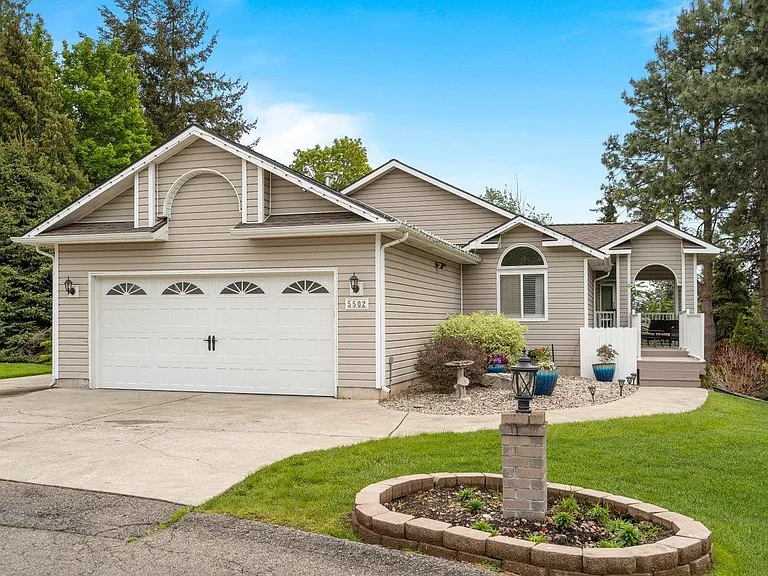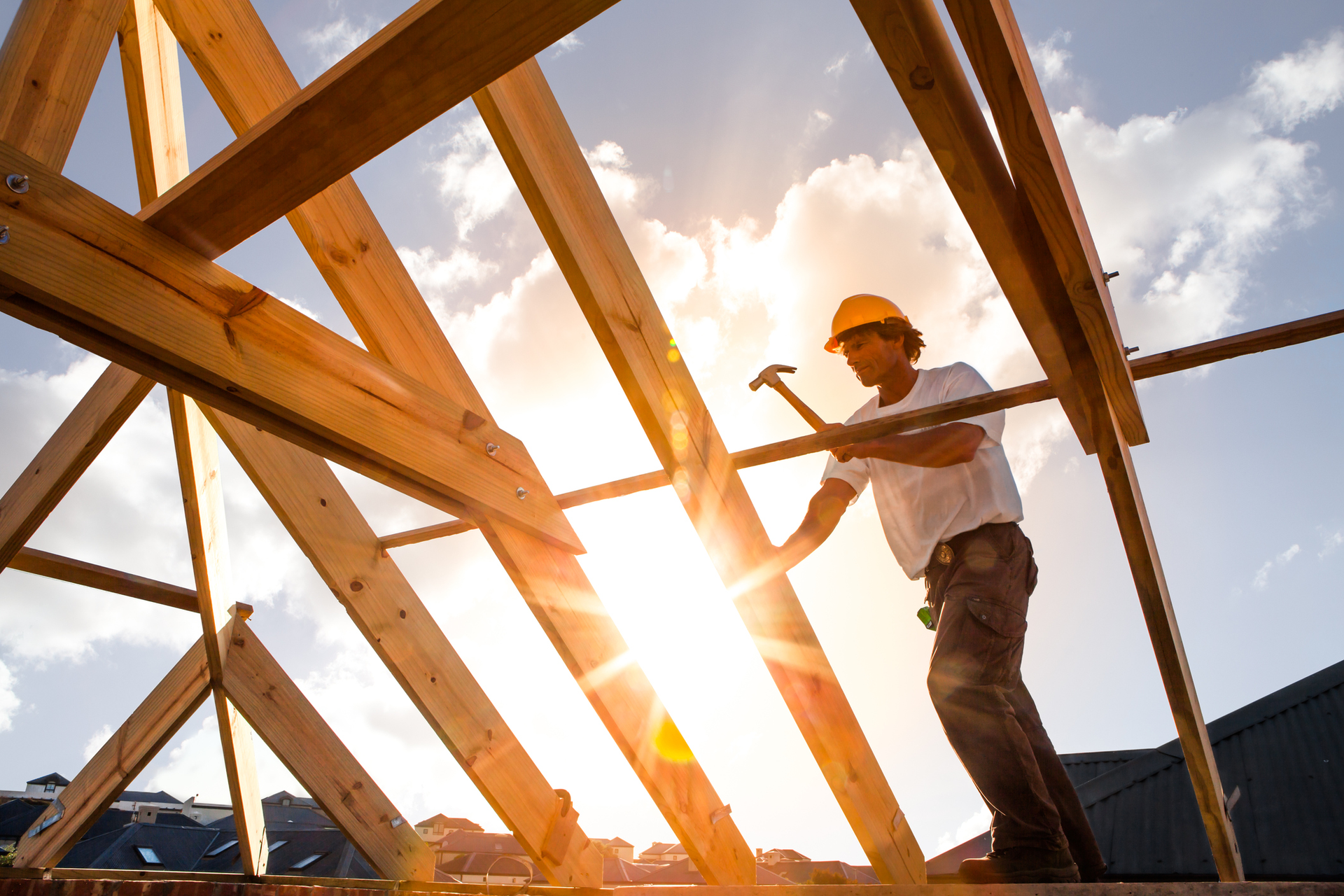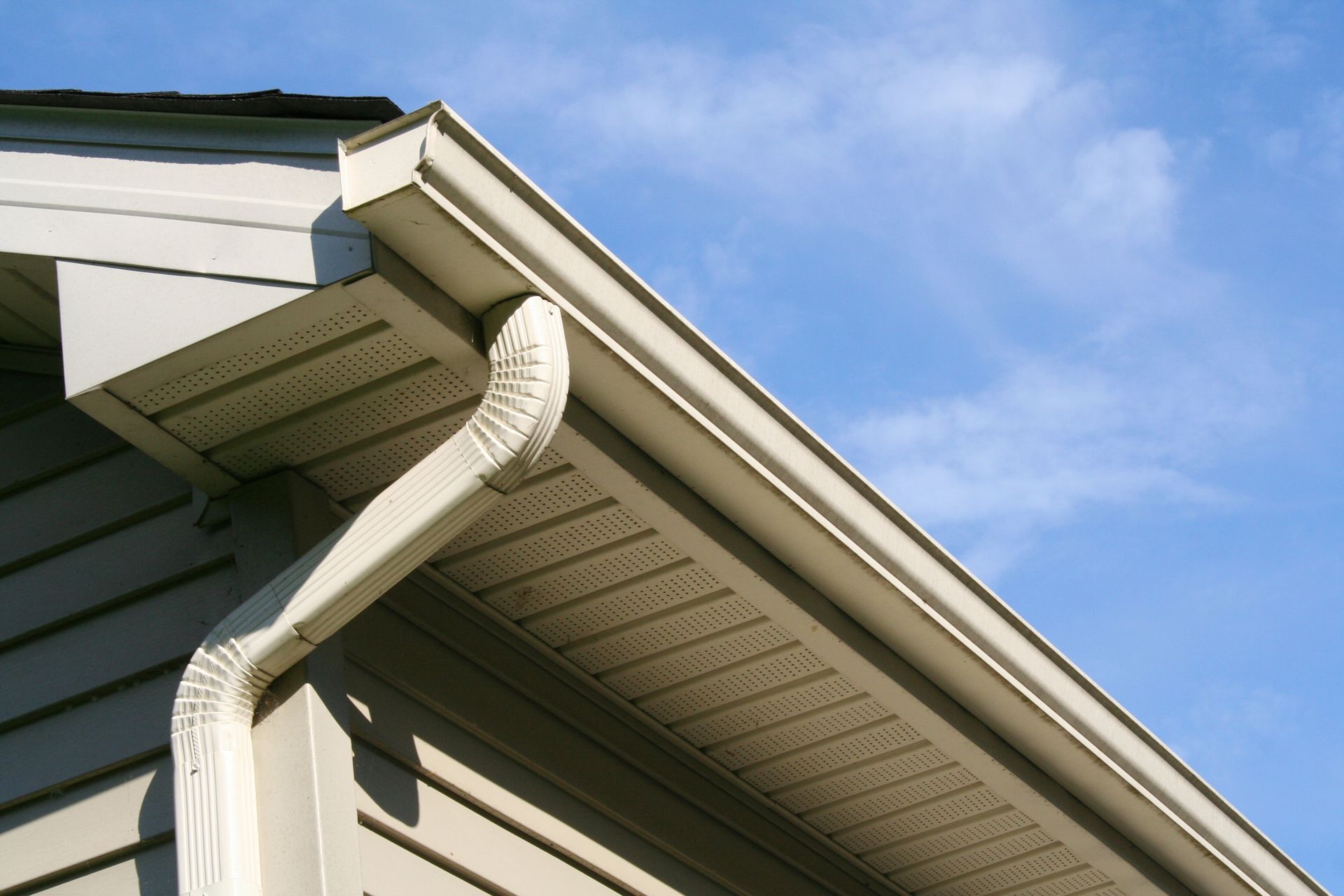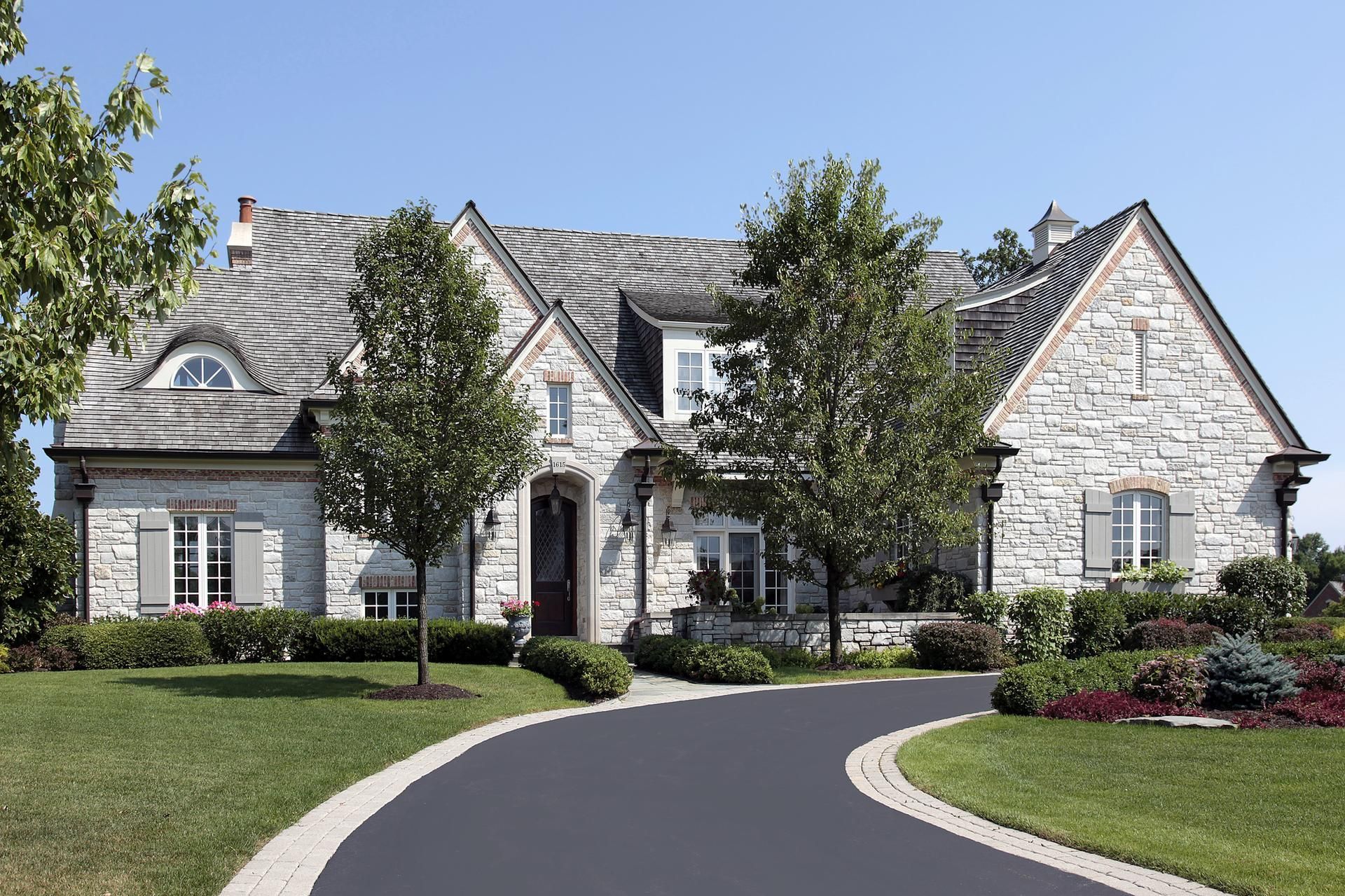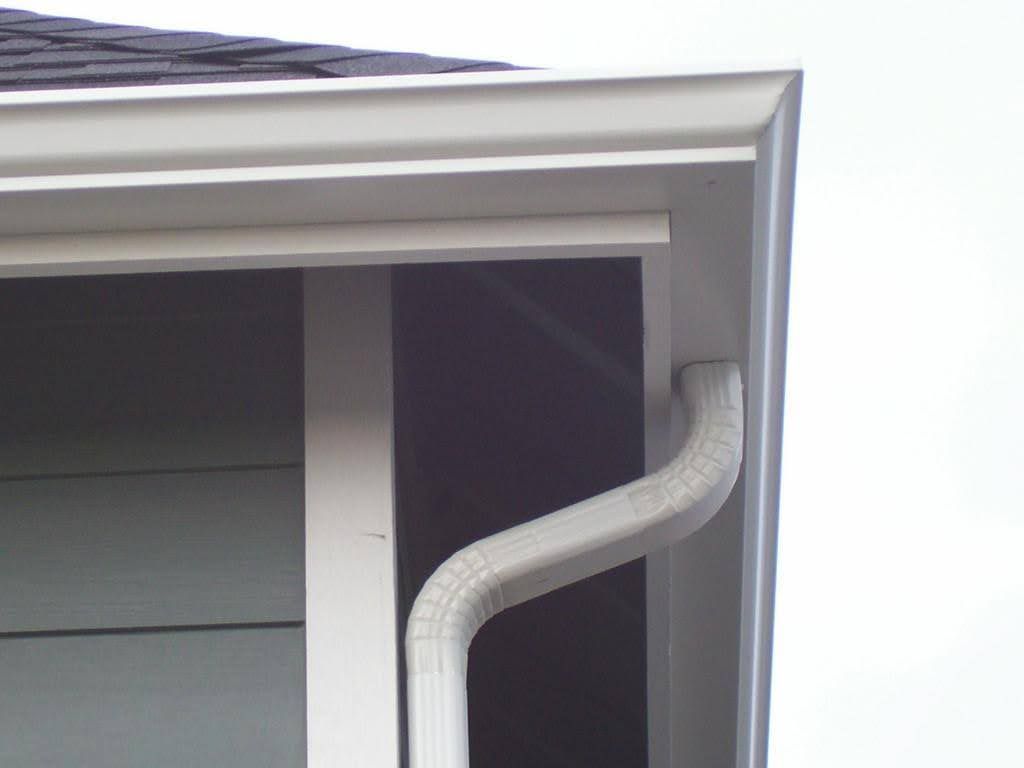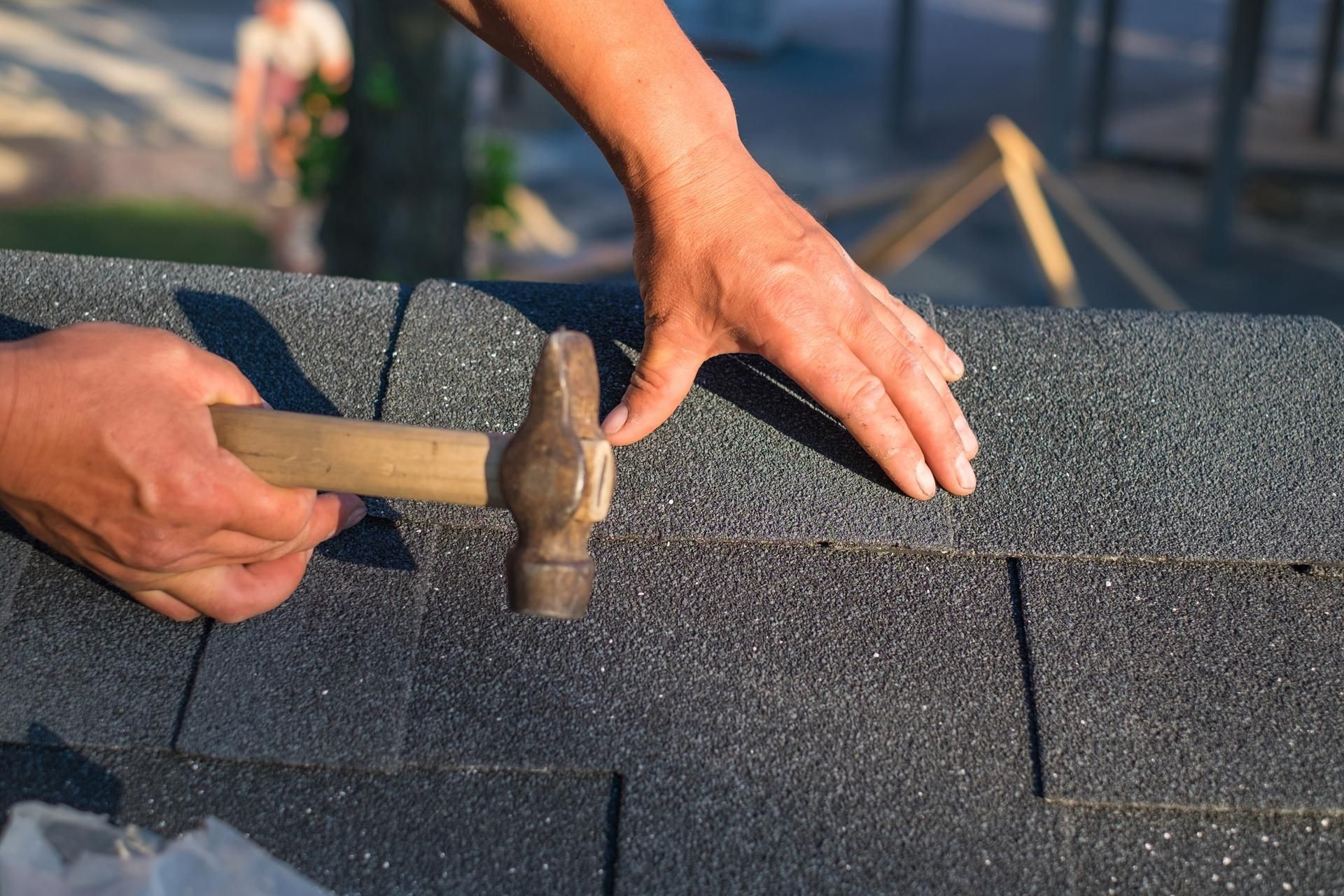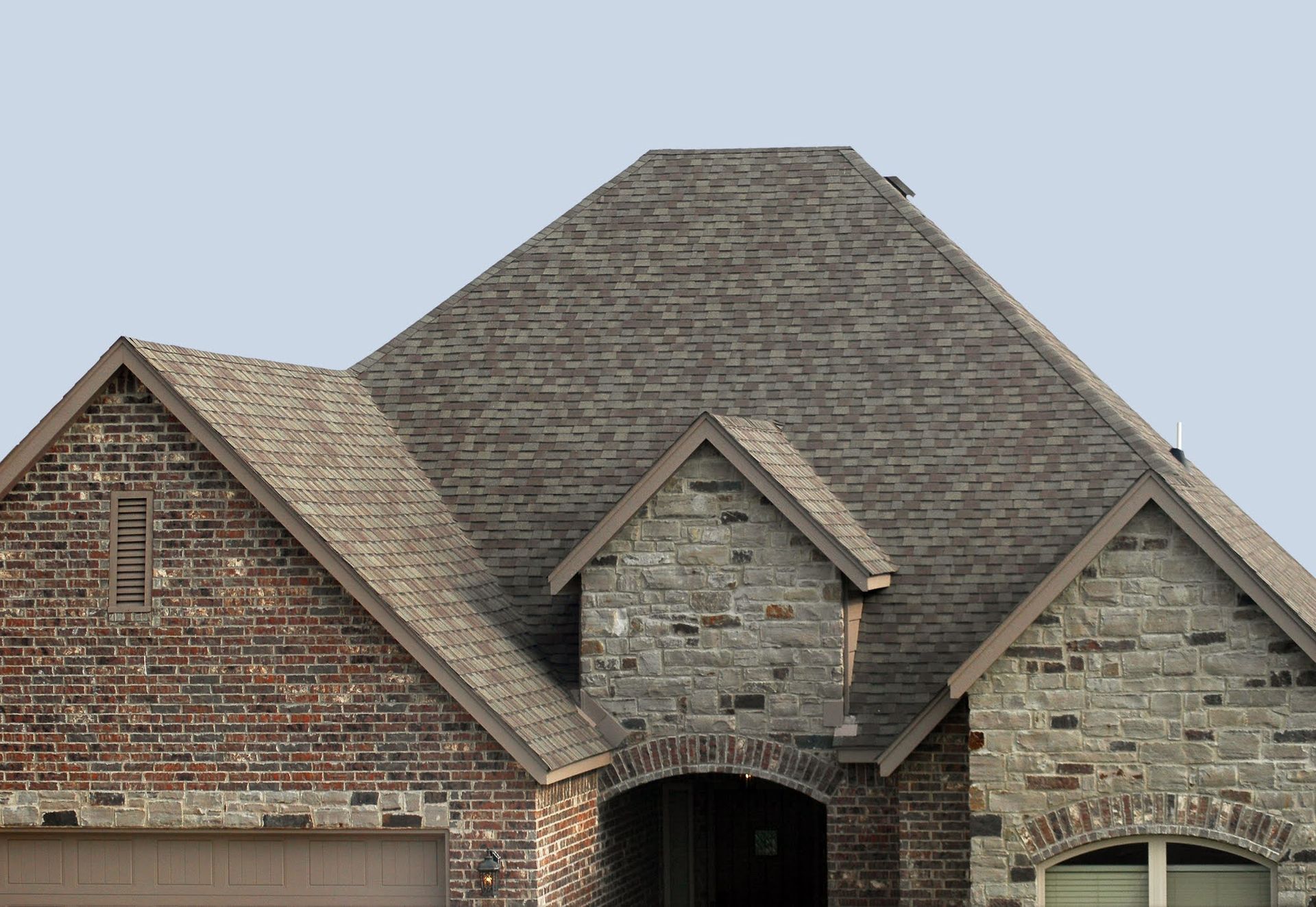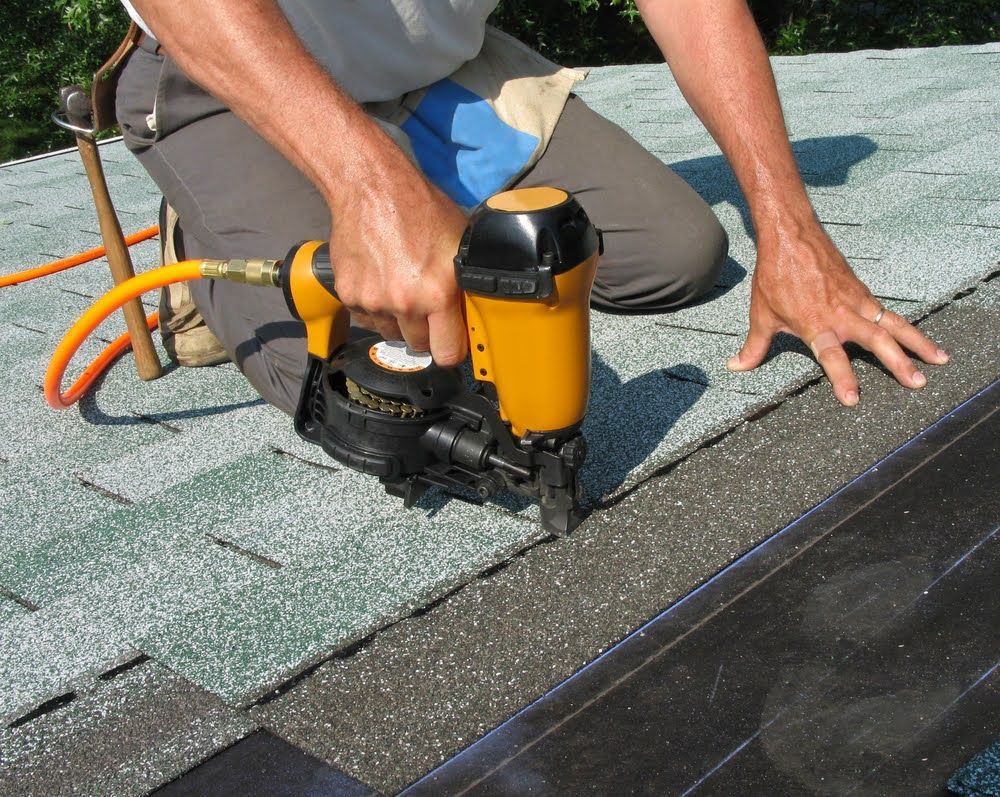
Ask about our Referal Program.

Ask about our Referal Program.
We Now Offer Financing
Call for details!
Serving Spokane & Surrounding Areas Including Post Falls & Coeur d'Alene
We Have Expanded and Now Serve The Tacoma Area
Factors To Consider When Selecting Roofing Materials for Your Project
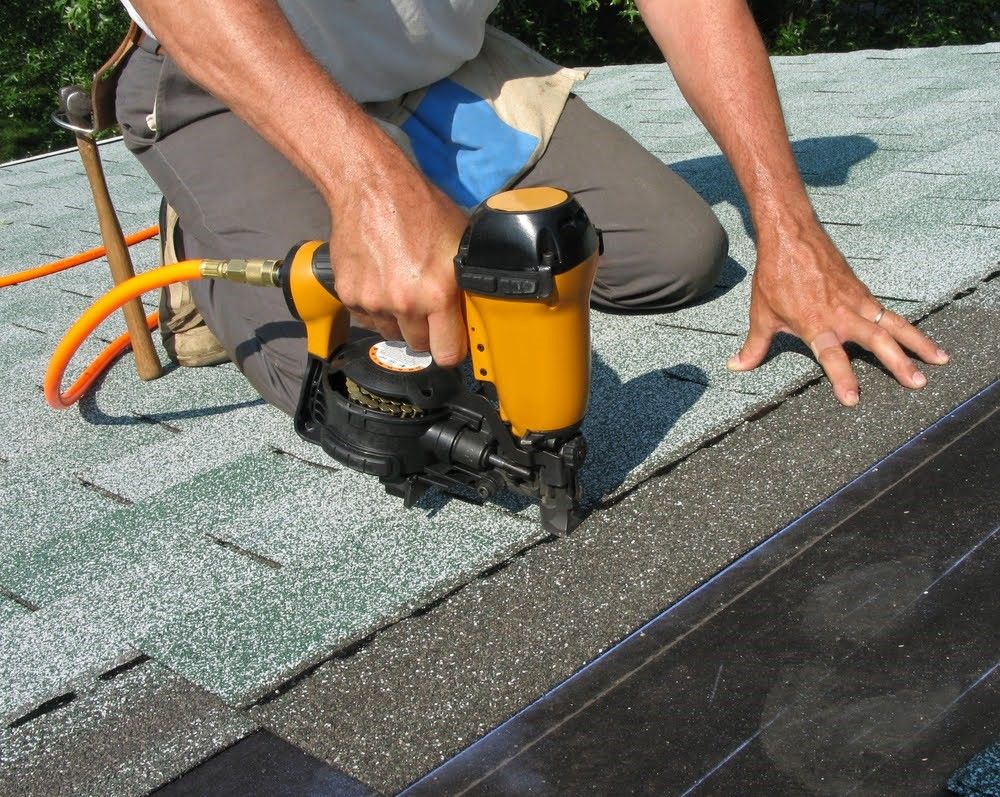
Roofing is an essential component of any construction project. Using suitable roofing materials can make your building look better, protect it from the weather, save you money on energy costs, and even raise the value of your property.
Figuring out which materials are best for your needs and budget can take effort since there are options. Discover some of the most important factors to consider when choosing roofing materials for your project.
Climate
Different materials work better in different climates. For example, a steeply pitched roof made of durable and waterproof material, such as metal or asphalt shingles, is ideal in high-precipitation areas. This roof allows water to run off quickly, reducing the risk of leaks and building damage.
A material that reflects more of the sun's rays, such as tile or metal, is a better choice in hot and dry climates. Also, these materials are less likely to absorb heat and become brittle at high temperatures, giving them a longer lifespan.
A durable material, such as metal or clay tiles, is recommended if the area is prone to high winds, hailstorms, or hurricanes. These materials are solid and impact-resistant, which can help keep the building and its occupants safe during extreme weather conditions.
To avoid ice dams, roof insulation and ventilation are critical considerations in colder climates. A roof with a higher R-value can help keep heat from escaping and the temperature inside comfortable. A sound ventilation system will also eliminate heat and moisture, preventing mold and rot.
The color of the roof should comply with the climate. Roofs with dark colors soak up more heat than roofs with lighter colors, which can increase cooling costs in hot climates.
Installation and Maintenance
Installation and maintenance can significantly affect how much a roof will cost and how long it will last. Depending on the material that you choose for your roof, the installation difficulty and level of skill that the installers need can vary. For example, putting on a metal roof may require special training and tools, while putting on a flat roof may require a higher level of skill and care to avoid leaks.
Furthermore, the type of roofing material used can affect how much maintenance is needed and how much it costs. For example, a metal roof may not need much upkeep, while a flat roof may need regular upkeep and repairs to keep it from leaking.
A steep-sloped roof may require different care than a low-sloped roof. Finally, some roofing materials have a shorter lifespan and may need to be replaced sooner than others, which should be factored into the project's overall cost.
Building Codes and Regulations
Building codes and regulations establish your area's safety and construction quality standards. Because these rules and codes vary from place to place, you need to check with your local building department to ensure the materials you are considering are legal. Some principles may have specific requirements for fire resistance, wind resistance, or energy efficiency.
Furthermore, building codes and regulations may limit the materials used in specific areas or for particular kinds of buildings. Some principles, for example, may say that wood shakes can't be used in regions prone to wildfires.
Furthermore, building codes and regulations may impact how roofing materials are installed. For example, they may need a particular type of underlayment or flashing to keep out the weather and stop leaks.
If you want to start a new roof project but need to know what materials to use, All Terrain Roofing is the solution. We know how to help you find your way through the confusing array of choices. We'll help you choose the best roofing materials for your project based on cost, durability, style, and energy efficiency.
Don't let the decision-making process overwhelm you; instead, contact All Terrain Roofing today, and let us help you achieve your goals.
CONTACT INFORMATION
Licensed and insured.
Lic # ALLTETR835BL
Serving Eastern Washington - Spokane, Spokane Valley, Cheney, North to Colville & Pullman, Airway Heights – Nine Mile Falls – Deer Park – Mead – Liberty Lake
Serving Western Washington -
Federal Way -
Tacoma -
Puyallup -
University Place -
Lakewood
Serving North Idaho - Post Falls, Coeur d' Alene

